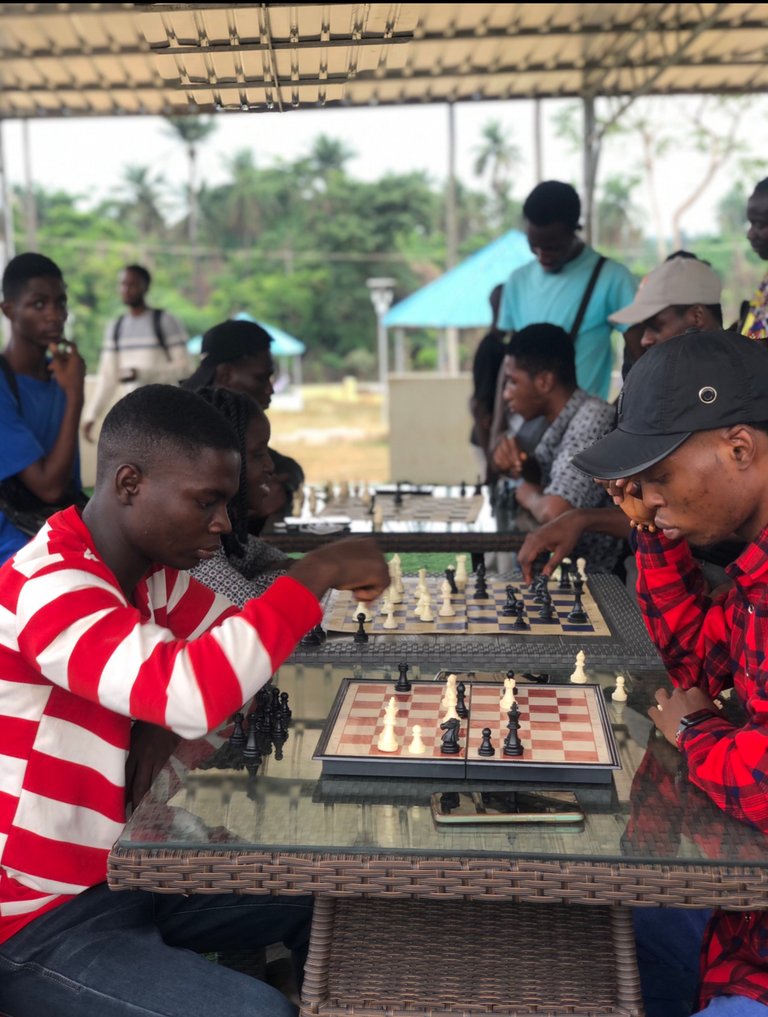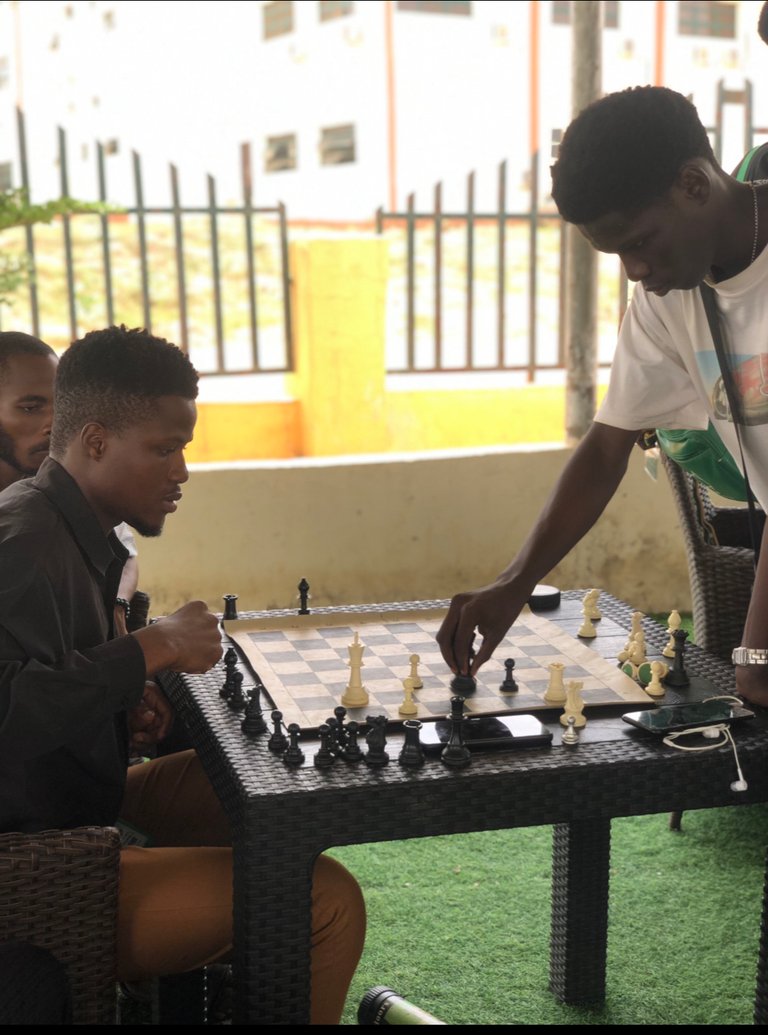
When it comes to chess, I wouldn't call myself an expert. Well, it’s called a grandmaster in chess. For those who do not know who a grandmaster is; in chess, a grandmaster is the highest title a chess player can attain. It is a title awarded to chess players who meet certain criteria. Over the years, we’ve seen so many people get to the position of a grandmaster: Garry Kasparov, Bobby Fisher, and the world champion, Magnus Carlsen, among others. In simple words, a grandmaster is the main deal. It is the dream of every chess lover to become a grandmaster, but the reality is that not everyone can be one. In my opinion, that title is reserved for special people.
I'm not at all close to being a grandmaster. I still have a billion and one steps to go. In the same vein, I wouldn't call myself a newbie.
I can boldly say I am far from being one. I started my chess when I was in elementary school. I learnt how to arrange the pieces on the board, the names of each of them, and also their specific moves. I wasn't really allowed to play with my older siblings. I guess I was too young. But I always watched them play. It wasn't until 2018 that I started playing chess real time. I started my chess journey on Lichess, then I moved to playing physically and representing my school in inter-school chess competitions. I've had experiences in this game. In this post, I’ll share my 2 cents about my do’s and don’ts when it comes to chess.

Never underestimate or look down on your opponent in chess. Regardless of your experiences and skills, this can lead to your downfall. Chess like football, is tricky and can be brutal. Players, even the ones with the weakest of lowest ratings can surprise you. I've been in a situation where I looked down on my opponent and I ended up regretting it badly. This happened last year. My opponent wasn't a newbie, but I was far stronger than him. The first time we played, I dealt with him hands down. We played 5 games and I won all five of them. The next week, we played again. This time, I didn't take him seriously. I made reckless moves without even thinking. Somehow, he landed a surprising checkmate. My ego was pierced. Since then, he kept on bragging about the one time he beat me. Regardless of your opponent’s rating, always put in your best.
The importance of frequent practice in chess cannot be overemphasized. These chess grandmasters and gurus we see today spent years practicing. Chess isn't like any other board game where you can just take a break for a long and expect your skills to remain intact when you return. Just like your exercises help build your muscles, regular practices help develop your chess muscles. It helps improve your confidence and rating and also your decision-making skills. You don’t necessarily need to play games, you can practice by solving puzzles. I'm pretty sure chess grandmasters like Magnus Carlsen, Vladimir Kramnik, and Nakamura recognize the importance of practicing regularly.
After every game, don’t just leave and play another. Review and analyze your moves. Chess apps like Lichess help with that. Check for areas of improvement and learn from your losses/blunders.


